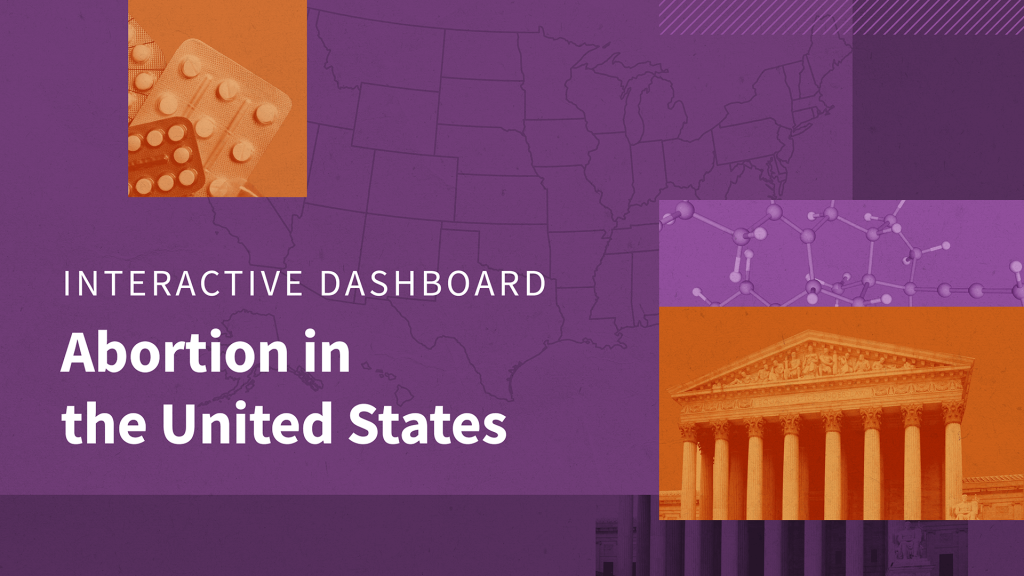The Abortion in the United States Dashboard is an ongoing research project tracking state abortion policies and litigation following the overturning of Roe v. Wade. It features a continuously-updated map tracking the status of abortion bans across the United States, as well as briefs on topics such as medication abortion, insurance coverage, ballot measures, legal developments, and racial and ethnic disparities. It also offers a jumping off point to the latest national and state-specific abortion policies and statistics. Visit the Dashboard →
